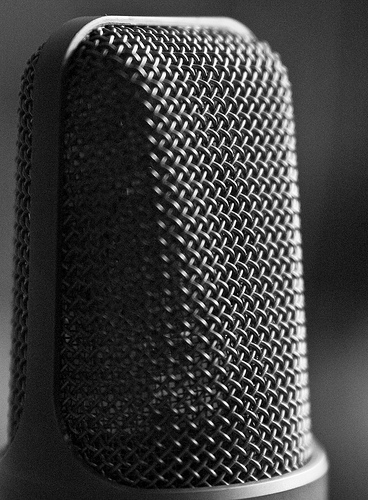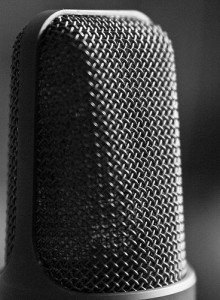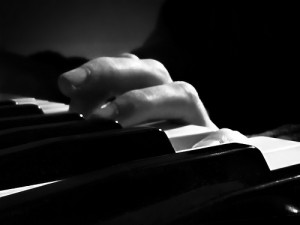 In the entries for last week’s giveaway I received a lot a wonderful feedback regarding Color In My Piano. Upon request, I’d like to start increasing the number of forum questions. Hooray! Rather than having a monthly question, I will try to pose a new question at least every other week (and maybe every week, if I can come up with enough questions!).
In the entries for last week’s giveaway I received a lot a wonderful feedback regarding Color In My Piano. Upon request, I’d like to start increasing the number of forum questions. Hooray! Rather than having a monthly question, I will try to pose a new question at least every other week (and maybe every week, if I can come up with enough questions!).
If you have suggestions for questions you’d love to see featured, please let me know by sending me an email via the Contact page. Forum questions should be fairly short in length and should be a general question rather than a request for specific advice about a situation you are current dealing with. (While I don’t mind being asked for advice and often do feature these questions on my blog, they are not considered “Forum Q&A” questions unless they are stated in a general sort of way.)
So without further ado, here’s our next Forum Q&A:
What do you do when a student’s performance “bombs?” I’m sure we’ve all experienced it: a student has a major memory slip and ends up in tears after the recital. What words of counsel and advice can you give a student afterwards to console and encourage them? What specifically would you say to a younger student as opposed to an older student? What kind of things can you do with the student to help avoid this from happening again?
Please leave your responses in the comments below. I look forward to hearing all of your thoughts!


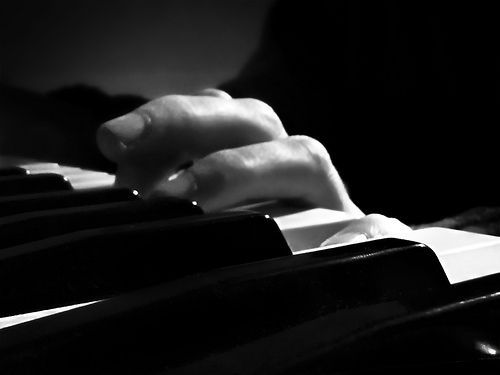

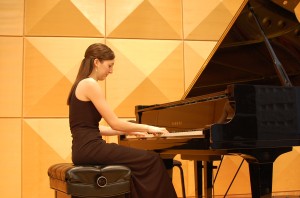
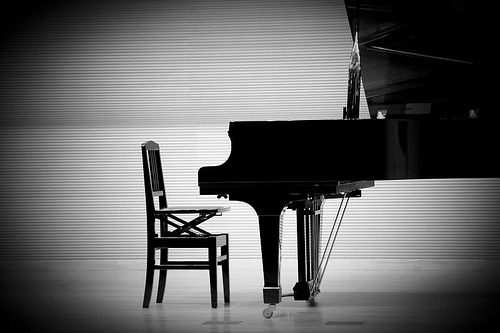
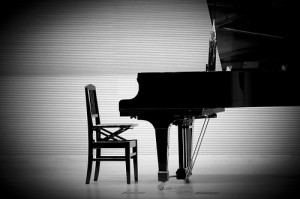 Discussion topic for the December Forum:
Discussion topic for the December Forum: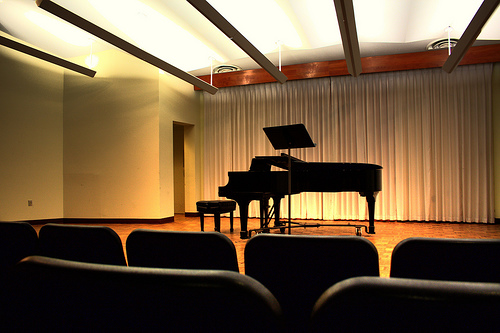
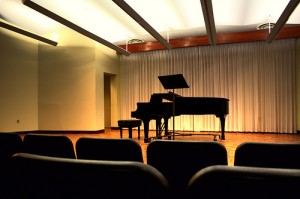 Your hands are cold and shaky, your heart is racing, and you find it hard to breath. Are you sick? Are you having a nightmare? No, you’re about to play your instrument in a recital, and the symptoms you are experiencing are due to performance anxiety — better known as stage fright.
Your hands are cold and shaky, your heart is racing, and you find it hard to breath. Are you sick? Are you having a nightmare? No, you’re about to play your instrument in a recital, and the symptoms you are experiencing are due to performance anxiety — better known as stage fright.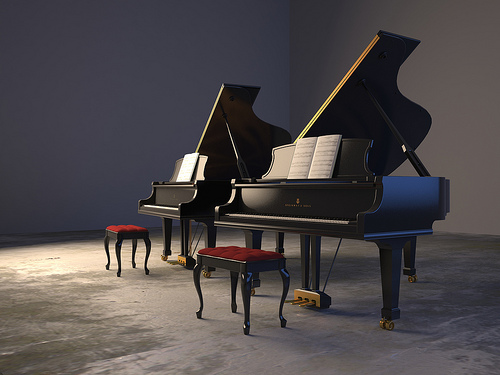
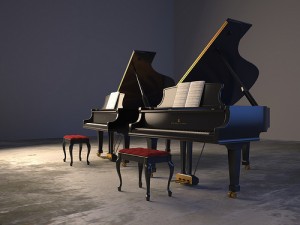 Today’s post is in answer to a question I received from a reader via email:
Today’s post is in answer to a question I received from a reader via email: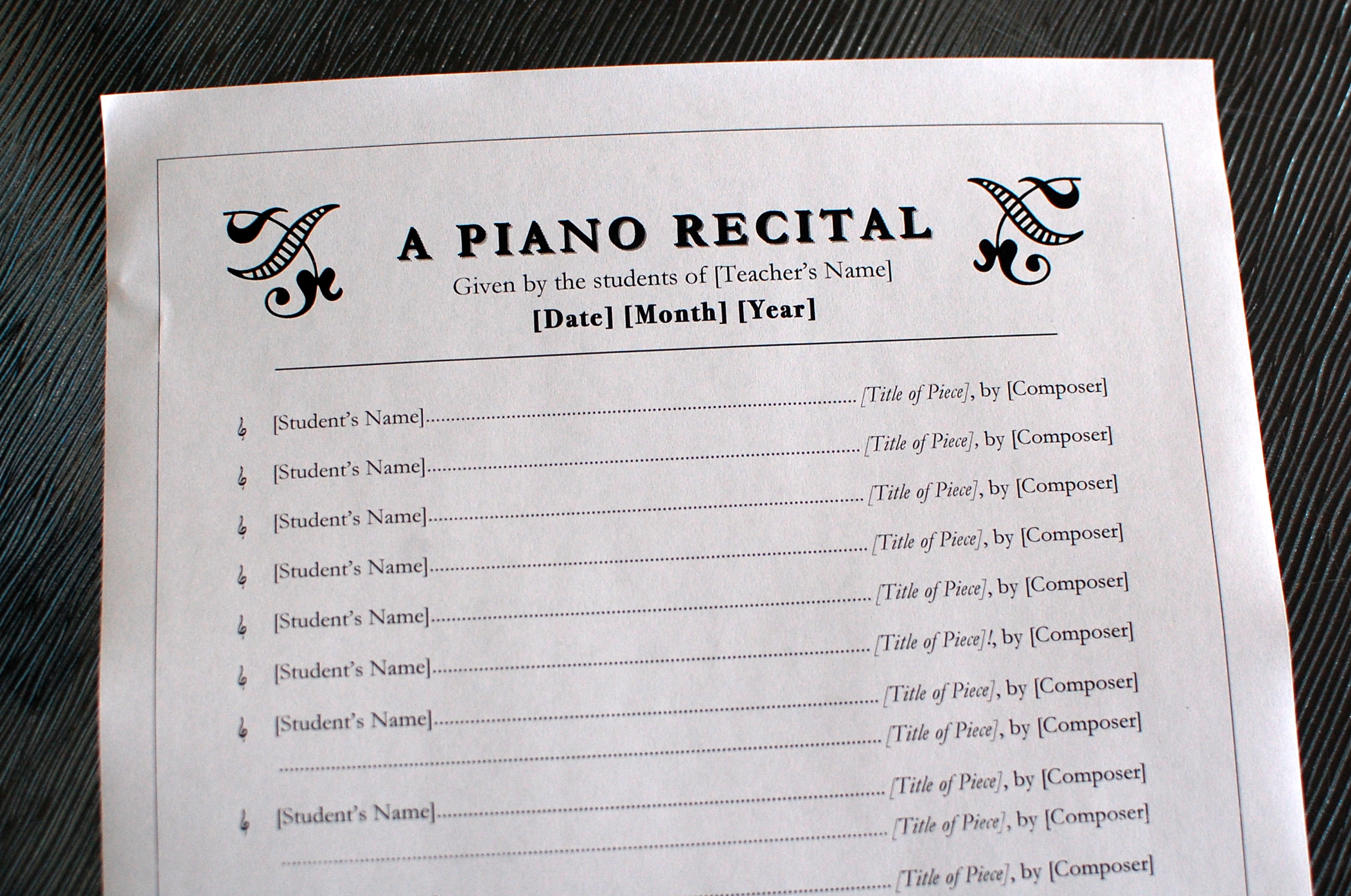
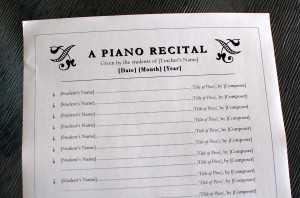 Today’s free printable is a another template of a piano studio recital program, for listing students’ names and pieces.
Today’s free printable is a another template of a piano studio recital program, for listing students’ names and pieces.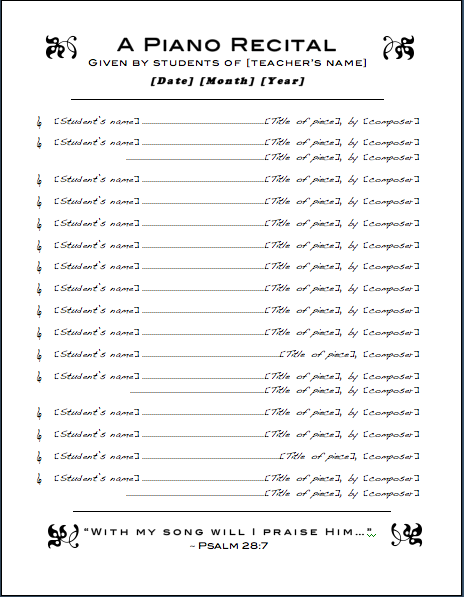
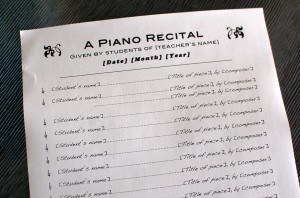 Today’s free printable is a template of a piano studio recital program, for listing students’ names and pieces.
Today’s free printable is a template of a piano studio recital program, for listing students’ names and pieces.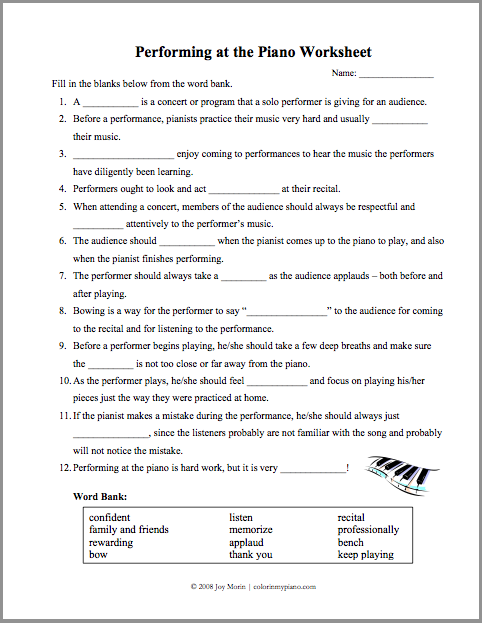
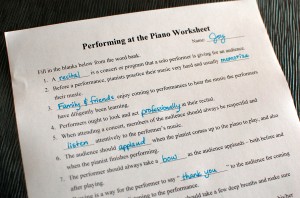 Just added: a new free, printable worksheet called:
Just added: a new free, printable worksheet called: